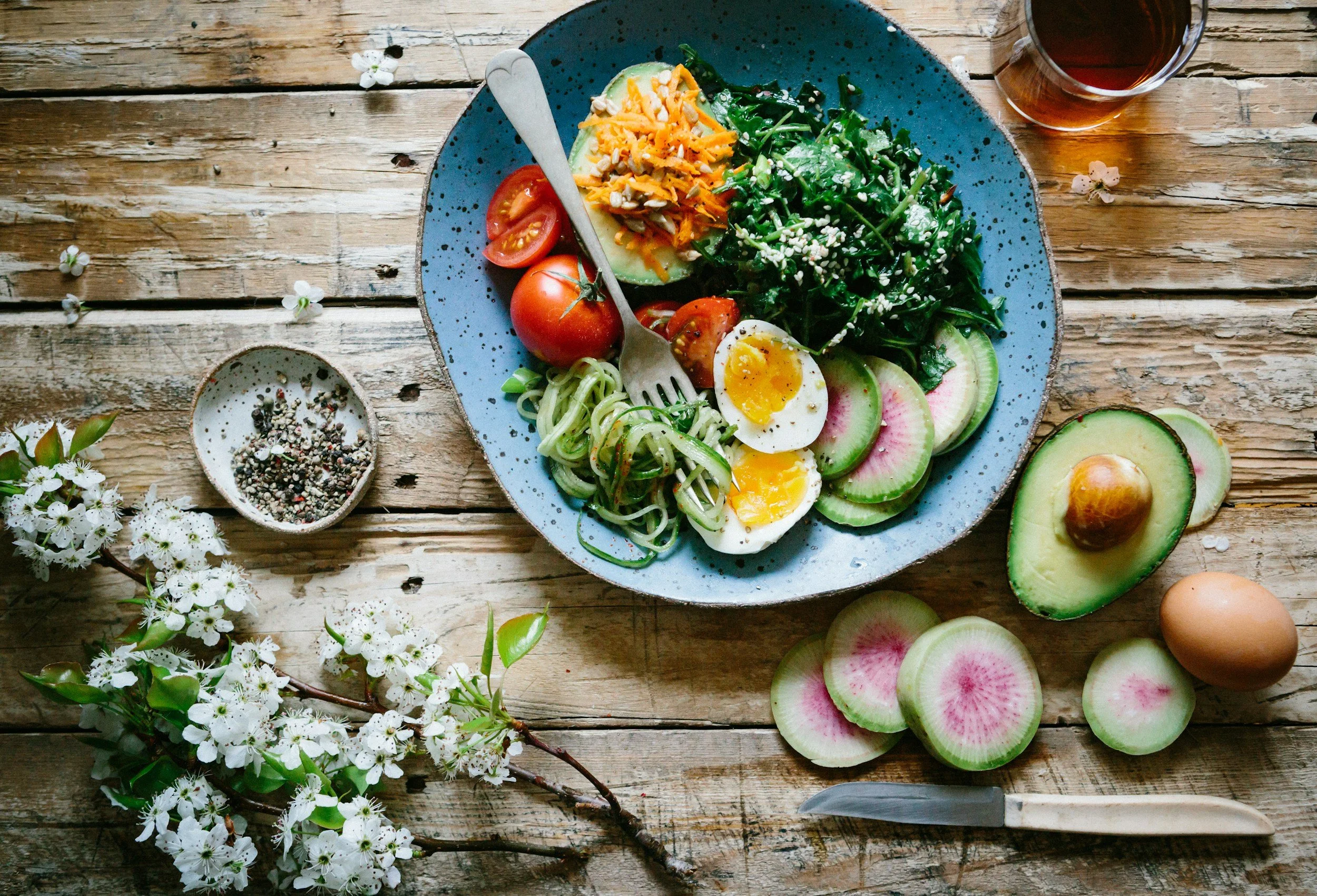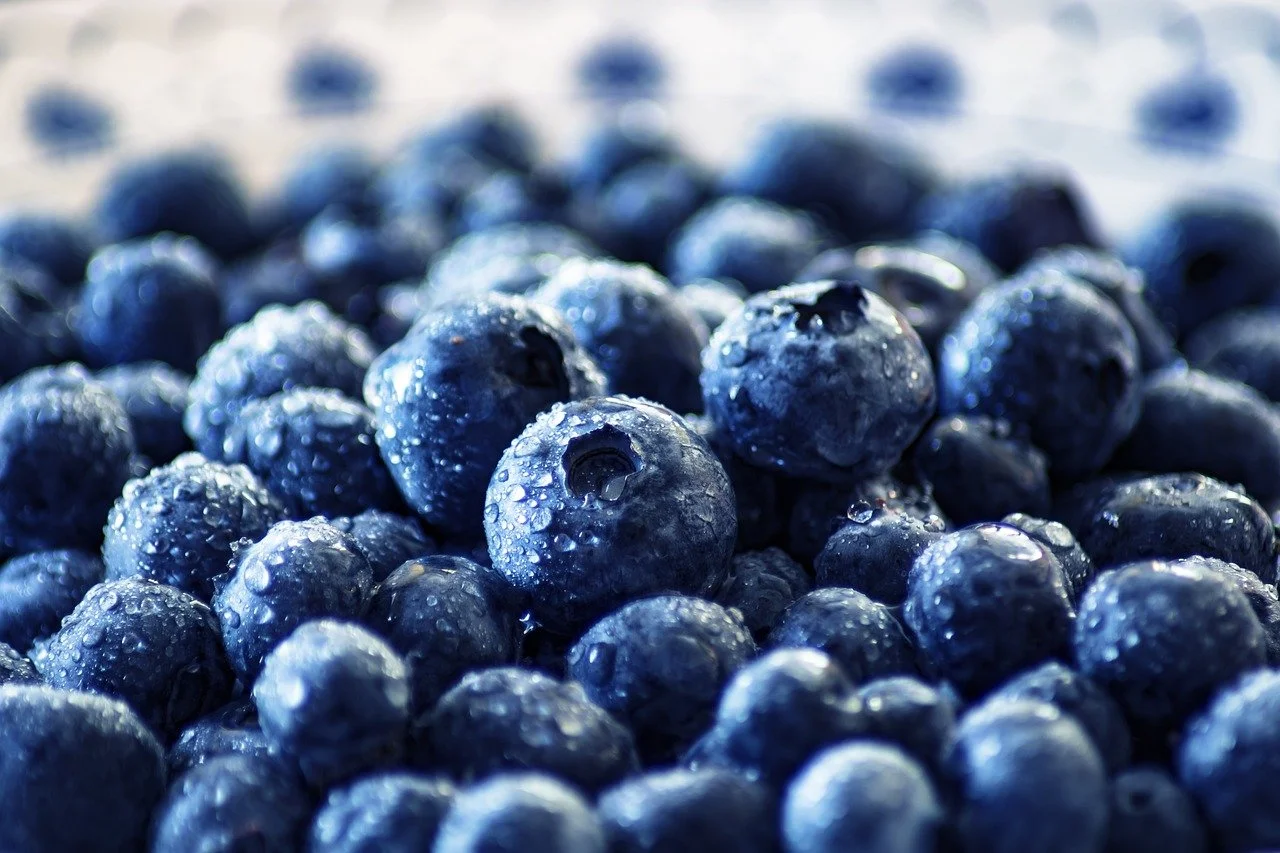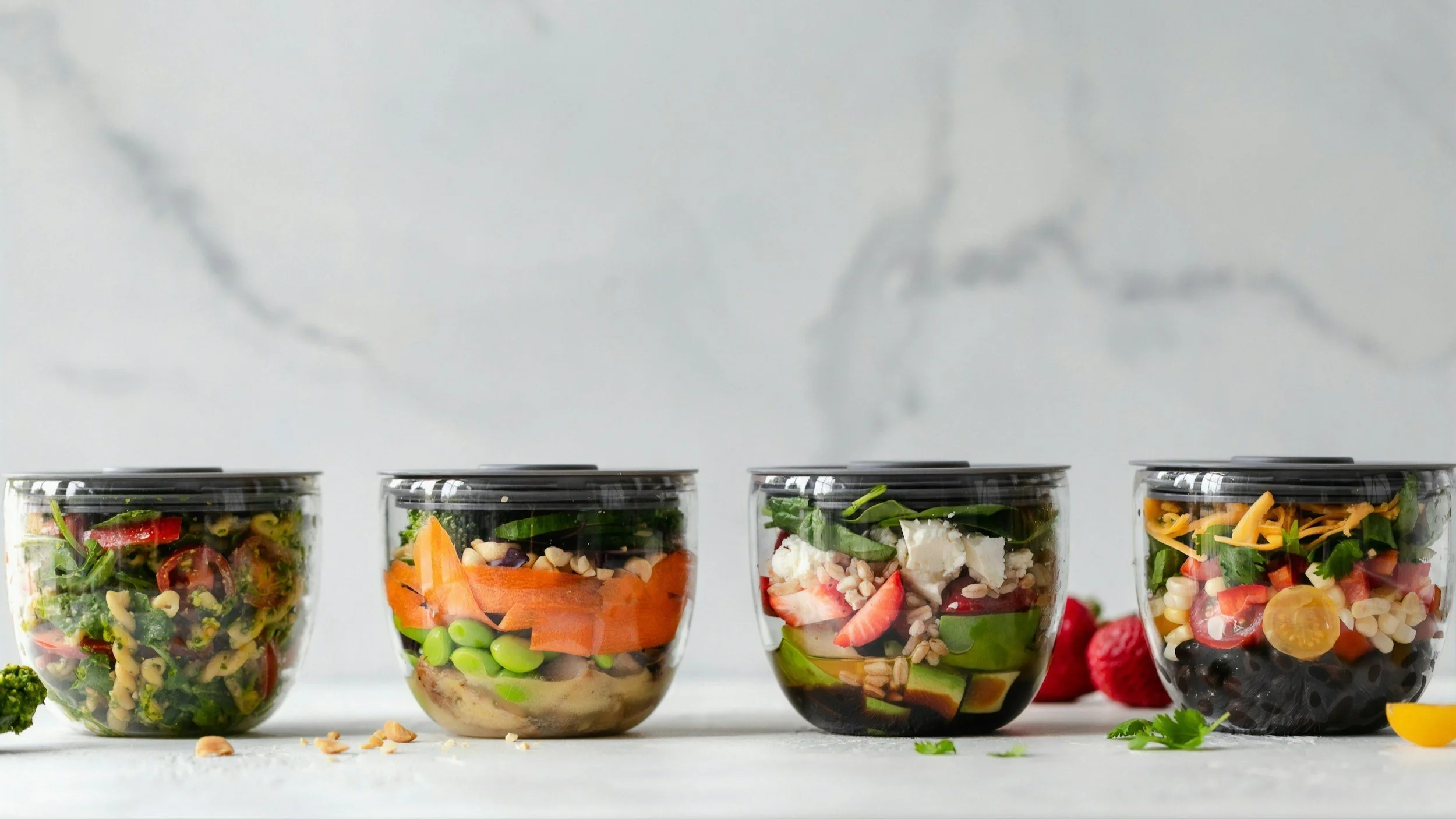Nutrition 101: The Science of What Fuels Us
Nutrition is the foundation of life— every cell, every system, and every function in the human body depends on the nutrients we consume. The food we eat provides essential building blocks, energy, and signals that determine how well we function. The right nutrition can mean the difference between just getting through the day and feeling truly energized and resilient.
Nutrition isn’t just about eating the “right” foods—it’s about creating a balanced approach that aligns with your body’s individual needs. Understanding macronutrients, micronutrients, and the impact of lifestyle factors allows us to make informed choices that support long-term health.
What works for you?
Macronutrients: The Powerhouses of Energy and Repair
Macronutrients are the primary nutrients that supply the energy and raw materials needed to keep us alive. They include:
Protein – The architect of the body. Every muscle, enzyme, and tissue relies on protein for growth, repair, and function. It helps maintain muscle mass, supports the immune system, and even aids in the production of essential hormones and neurotransmitters.
Fats – The misunderstood hero. Fats provide long-lasting energy, protect organs, aid in cell function, and support brain health. Omega-3 fatty acids, found in fish and flaxseeds, help reduce inflammation, while monounsaturated fats in foods like olive oil support heart health.
Carbohydrates – The quick fuel. Carbs are broken down into glucose, the body’s primary energy source. Whole-food carbohydrates, such as fruits, vegetables, and healthy grains, also provide fiber, which is essential for gut health and metabolism.
Micronutrients: The Invisible Forces Behind Optimal Health
Unlike macronutrients, micronutrients don’t provide energy, but they are crucial for keeping the body running smoothly. They include:
Vitamins – These organic compounds assist in various bodily functions. Vitamin D supports bone health and immune function, B vitamins play a role in energy metabolism, and vitamin C is essential for collagen production and immunity.
Minerals – Essential elements like calcium for bone strength, iron for oxygen transport, and zinc for immune support are non-negotiable for overall health.
Electrolytes – Sodium, potassium, and magnesium regulate hydration, muscle contractions, and nerve function. Too much or too little can lead to issues like muscle cramps, fatigue, or even heart irregularities. Chloride Helps maintain fluids, helps stomach acid production, and plays a role in pH regulation. Calcium, another main electrolyte, is essential for bone health, muscle contraction, blood clotting, and nerve signaling.
Dig deeper:
The Bio-Individuality Factor: One Size Does Not Fit All
Given that each of us is genetically unique, what optimizes health for one person may not work for another. Our genetic makeup, metabolism, gut microbiome composition, and even stress levels all influence how we absorb and use nutrients. This is why personalized holistic nutrition is the future. By combining our body's signals with science-backed tools, we can create dietary plans tailored to our individual needs.
The Impact of Lifestyle on Nutrient Absorption
The perfect diet can still fall short if external factors interfere with how nutrients are absorbed and utilized. These are a few key issues to look out for:
-
Chronic stress increases cortisol levels, which can deplete essential vitamins like B-complex and magnesium, disrupt digestion, and lead to poor nutrient absorption.
-
A lack of sleep impairs hormone regulation, leading to increased cravings, poor metabolism, and weakened immunity. Sleep is when the body repairs and replenishes itself—without it, even the best diet won’t be as effective.
-
A thriving gut microbiome is crucial for absorbing nutrients efficiently. Poor gut health, caused by factors like processed foods, antibiotics, and chronic inflammation, can impair digestion and nutrient uptake.
Cholesterol: Friend or Foe?
Cholesterol has long been demonized, but the truth is more nuanced. It is a structural component of every cell membrane and is essential for producing hormones, vitamin D, and bile acids that aid digestion. The key is balance: high levels of LDL (low-density lipoprotein) cholesterol can contribute to artery blockage, while HDL (high-density lipoprotein) cholesterol helps clear excess cholesterol from the bloodstream. The body naturally regulates cholesterol levels, but excessive consumption of processed foods and trans fats can tip the scales in the wrong direction.
Good vs. Bad Cholesterol
Cholesterol is neither good nor bad—it’s just misunderstood. It’s like money. You need it to function, but too much in the wrong places can cause trouble. Imagine it this way….
Good HDL- High-density lipoprotein, or "good cholesterol," is like a smart financial advisor. It travels through your blood, collecting excess cholesterol and returning it to the liver, where it’s broken down and removed. The more HDL you have, the better your system can clean up unnecessary cholesterol, keeping your arteries open and your heart healthy— like making wise investments that secure your future.
Bad LDL- Low-density lipoprotein, often called "bad cholesterol," is like spending recklessly on things you don’t need. LDL carries cholesterol through your bloodstream, delivering it to your cells- this is a good thing. But if there’s too much LDL floating around, it starts to pile up in artery walls, forming plaques that can lead to heart disease—like accumulating debt you can’t pay off.
So…. the goal isn’t about getting rid of cholesterol. It’s about balance— spending wisely, saving smartly, and making sure your body’s economy runs smoothly.
Eat better, feel better.

















